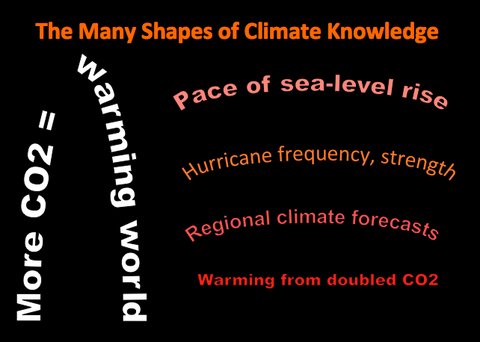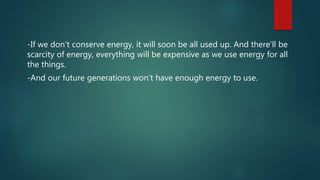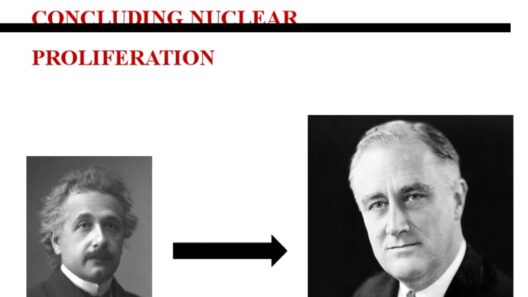The universe, vast and enigmatic, poses a compelling conundrum regarding the conservation of energy. As we peer into the cosmos, infinite and seemingly boundless, one cannot help but ponder: Is the conservation of energy an intrinsic principle, applicable even in an infinite universe, or is it merely an illusion? This inquiry leads us into the heart of philosophical and scientific deliberation, where the curious intertwining of physical laws and existential musings takes precedence.
To commence this exploration, we must first delineate the fundamental principle of energy conservation. According to the first law of thermodynamics, energy cannot be created or destroyed; it can only transform from one form to another. This principle is a cornerstone of physics, integral to our understanding of the natural world. Yet, as we extend our gaze beyond our terrestrial confines, we encounter the channels through which energy manifests: radiant, kinetic, potential, thermal, and more. Each form of energy illustrates the dynamic interplay within and beyond our planet.
The question arises: in an infinite universe, does the unwavering law of energy conservation maintain its form? When considering the seemingly inexhaustible nature of space, one might assume an endless cycle of energy existence. Is it conceivable that energy could be in constant motion, transmuting through various forms, simultaneously traversing the vast cosmic expanse? This intriguing inquiry invites scrutiny.
Furthermore, the expansive cosmos beckons curiosity regarding the distribution of energy across galaxies, stars, and planets. The universe, with its myriad components, exhibits not merely a spectrum of energy forms but also varying energy densities. Dark energy, for example, is a mysterious force accelerating the universe’s expansion, raising questions about its origin and implications on energy conservation. Can energy seemingly vanish into the void, only to re-emerge in another form? The implications of this question are profound.
Imagine a cosmic ballet where stars are born, evolve, and eventually collide or explode as supernovae. In this grand stage, energy is expelled and morphed, transcending from one form to the next. While the expectation of material degradation from such events is great, it does not violate energy conservation. The entwined fates of matter and energy adhere rigidly to the conservation laws established within the realms of physics. However, if we delve deeper, we find ourselves contemplating a scenario where energy transformation could leave vestiges of matter behind, posing a challenge to the clarity of these immutable laws.
Contrarily, an infinite universe does introduce possibilities for violations of energy conservation on cosmological scales. Consider the quantum fluctuations inherent in the fabric of spacetime; could they suggest a fracturing of the law as it pertains to the infinite universe concept? When energies correlate with events on quantum levels, uncertainty clouds the understanding of energy distribution, thereby provoking the contemplation of whether our understanding is adaptable or fundamentally flawed.
The ramifications of such speculation extend to ethical considerations about energy use on Earth. As energy conservation challenges emerge from cosmic inquiry, our responsibility to preserve the limited resources available on our planet also crystallizes. With the phenomenon of climate change advancing unchecked and extensive fossil fuel consumption threatening ecological balance, how can we synchronize our practices with the nuances of energy conservation? By harnessing renewable energy sources, embracing efficiency, and innovating sustainably, we can mitigate our impact on the environment. This pragmatic approach serves as a reminder that, even within the contemplation of an infinite universe, our actions matter.
Furthermore, an illusion lies at the heart of our anthropocentric perception of the cosmos. While humanity has long held a locus of authority over nature, this dominion is increasingly seen as a mirage. The relentless degradation of ecosystems underscores the precariousness of our energy reliance. By recognize the fragility of our impact amidst an infinite expanse, we awaken to the challenge of nurturing our earthly habitat. Acknowledging that our conservation efforts, while essential for sustenance, are minor facets against the backdrop of the universe, gently presses upon our consciousness. In this regard, how might we coexist within a framework that honors both conservation and exploration?
In contemplating the nature of energy conservation within the infinite universe, several inquiries surfacing concurrently compel us to reconcile our understanding. Is energy perpetually available amidst infinite manifestations, or does excessive consumption lead to resource exhaustion? The tension between expansion and limitation prompts reflection on our behavioral patterns. Although the mathematical underpinnings of physics hint at constancy, the existential traits of conservation necessitate a reexamination of human energy dependency.
Moreover, one must investigate the sociocultural implications of energy conservation on a broader scale. As societies navigate the confluence of technological innovation and environmental sustainability, the philosophical dilemma of what constitutes energy efficiency undergoes reassessment. Much like the infinite spectrum of energy transformations, the dialogue surrounding sustainability evolves in parallel. With an awareness of both cosmic and academic revelations surrounding energy conservation, societies can initiate a paradigm shift towards a more profound understanding of collective resource stewardship.
Ultimately, the question, “Is conservation of energy in an infinite universe eternal or an illusion?” serves not only as a philosophical musing but also as a catalyst for real-world exploration and advocacy. Through rigorous scrutiny, compassionate environmentalism, and scientific inquiry, humanity can expand its understanding of energy conservation, entwining it with applicable strategies to thrive sustainably in our finite existence against the backdrop of an infinite cosmos. The challenge persists: In what ways can we, as stewards of our planet, elevate our stewardship to accommodate both our immediate and cosmic obligations?








